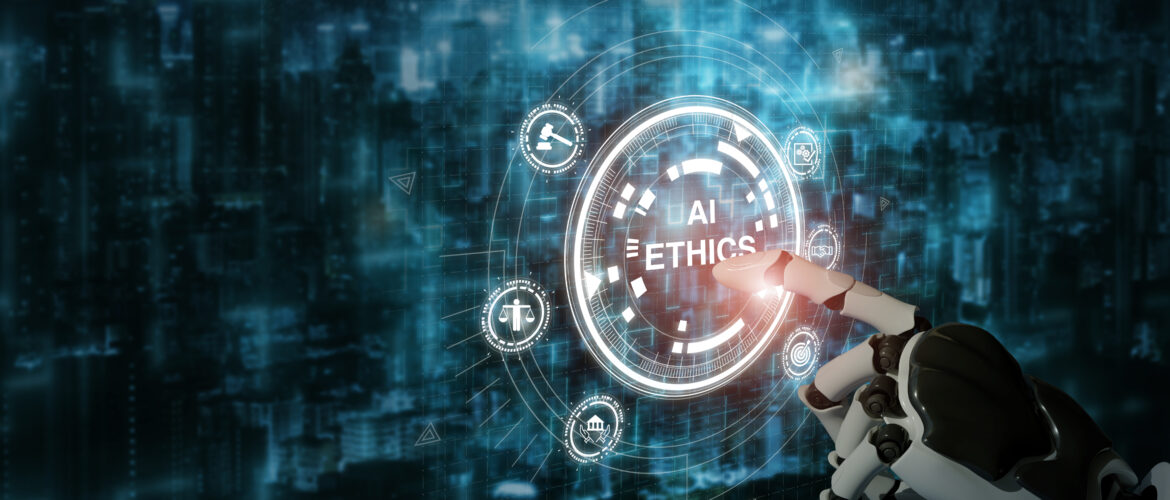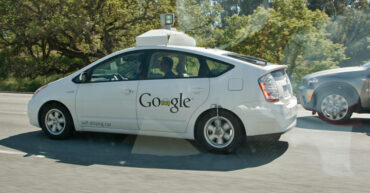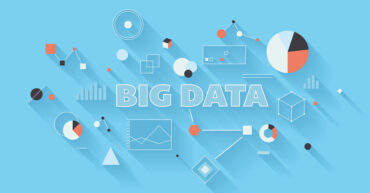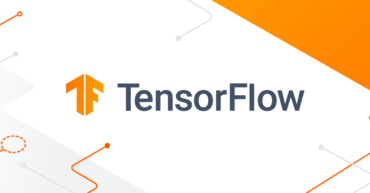The Ethics of AI: Principles, Concerns, and Governance
- January 4, 2024
- Posted by: Kulbir Singh
- Category: Artificial Intelligence Deep Learning

In the amazing world of Artificial Intelligence (AI), where robots and computers can think and learn, there’s a super important topic we all need to chat about – the ethics of AI. It’s like the rules of a game that ensure everyone plays fair and has a good time, but for AI, these rules help make sure that the technology helps us without causing any trouble. So, grab your explorer’s hat, and let’s dive into the fascinating journey of understanding the ethics of AI.
What Does “Ethics of AI” Mean?
Imagine you’re at the park playing with a drone you’ve programmed to follow you around. It sounds fun, right? But what if your drone accidentally follows someone else home or takes pictures of people without them knowing? Suddenly, it’s not just fun and games. That’s where ethics come in. Ethics in AI is all about making sure that as we create and use AI, we think about how it affects people and the world around us. It’s like having a moral compass for technology.
The Big Principles of AI Ethics
Now, let’s break down the big ideas or principles that guide us in the ethical use of AI:
Fairness: Just like how everyone should have a turn on the swings, AI should treat everyone fairly. This means AI shouldn’t be biased or make decisions that are unfair to certain groups of people.
Privacy: Imagine you have a diary that talks and remembers everything you say. Pretty cool, but you wouldn’t want it sharing your secrets, right? AI must respect people’s privacy and keep their information safe, just like a trusted friend.
Transparency: This is a fancy way of saying that AI should not be a magic trick. People should be able to understand how AI makes decisions, like how a magician might reveal how a trick is done.
Accountability: If your robot accidentally breaks a window, someone needs to take responsibility. Similarly, if AI does something wrong, it’s important to know who is responsible and how to fix the problem.
Why Are People Concerned About AI?
AI is like a powerful tool, and just like any tool, it can be used for good stuff and not-so-good stuff. Here are some things people worry about:
Robots Taking Over Jobs: Some people worry that AI robots might do jobs so well that there won’t be enough jobs for humans.
Making Mistakes: What if an AI doctor makes a mistake in reading your X-ray? Or if an AI car doesn’t see a stop sign? These mistakes could be really serious.
Being Too Nosy: AI can learn a lot about us, like what we like to buy or where we go. But sometimes, it can feel like AI is being a little too nosy, and people worry about their secrets being safe.
How Can We Make Sure AI is Good for Everyone?
Making sure AI is good for everyone is a bit like being a superhero. You need to have a plan, work with a team, and sometimes make tough choices. Here are some ways we can do this:
Rules and Laws: Just like there are rules at school, there need to be laws that guide how AI is made and used. This helps make sure AI is safe and fair.
Talking and Learning: Everyone, from scientists to kids, should talk and learn about AI. The more we understand, the better we can make sure it’s used in the best way.
Being Creative: We can think of new and creative ways to use AI that help people and the planet, like helping doctors cure diseases or helping farmers grow more food.
What’s the Future of AI Ethics?
The future of AI ethics is all about working together. It’s like a big team project where everyone from around the world helps decide how AI should be used. We’re all learning as we go, and your ideas and voice are important too!
Conclusion
AI is a bit like a new friend we’re all getting to know. It can do amazing things, but we need to make sure it plays by the rules and is a good friend to everyone. By thinking about ethics, talking about our concerns, and working together, we can make sure AI helps make the world a better, fairer, and more fun place for everyone. And remember, in the world of AI, your imagination, kindness, and creativity are the most powerful tools we have. So let’s dream big and make sure the future of AI is bright and awesome for all!
Autonomous vehicles, also known as self-driving cars, are like smart robots that can drive themselves without a human driver.
Big Data Analytics is like using a magical magnifying glass that helps you see what’s hidden in huge piles of data. Imagine you have a gigantic puzzle made of billions of pieces
TensorFlow is like a magical toolbox that computer wizards, also known as programmers, use to teach computers how to think and learn on their own



